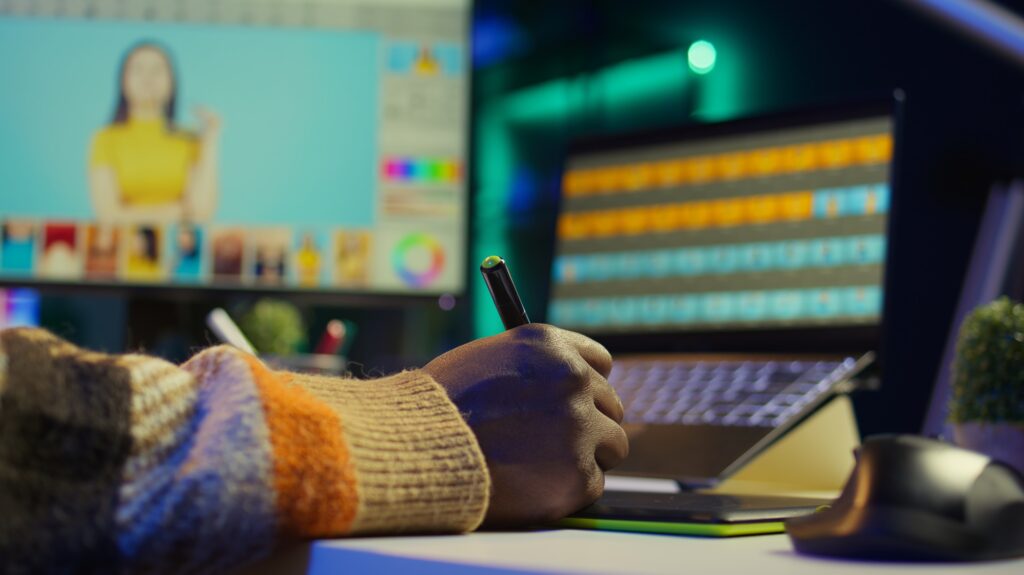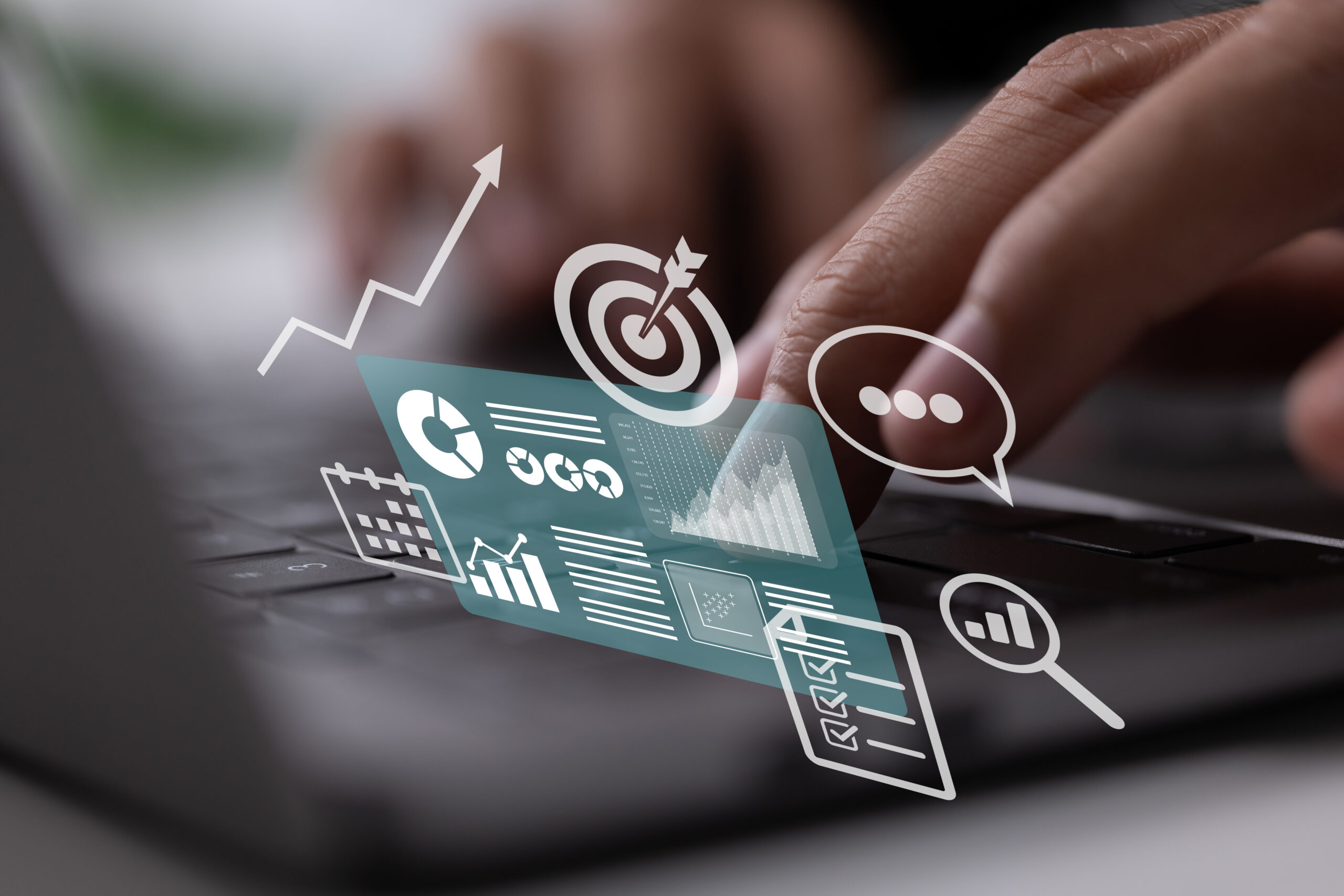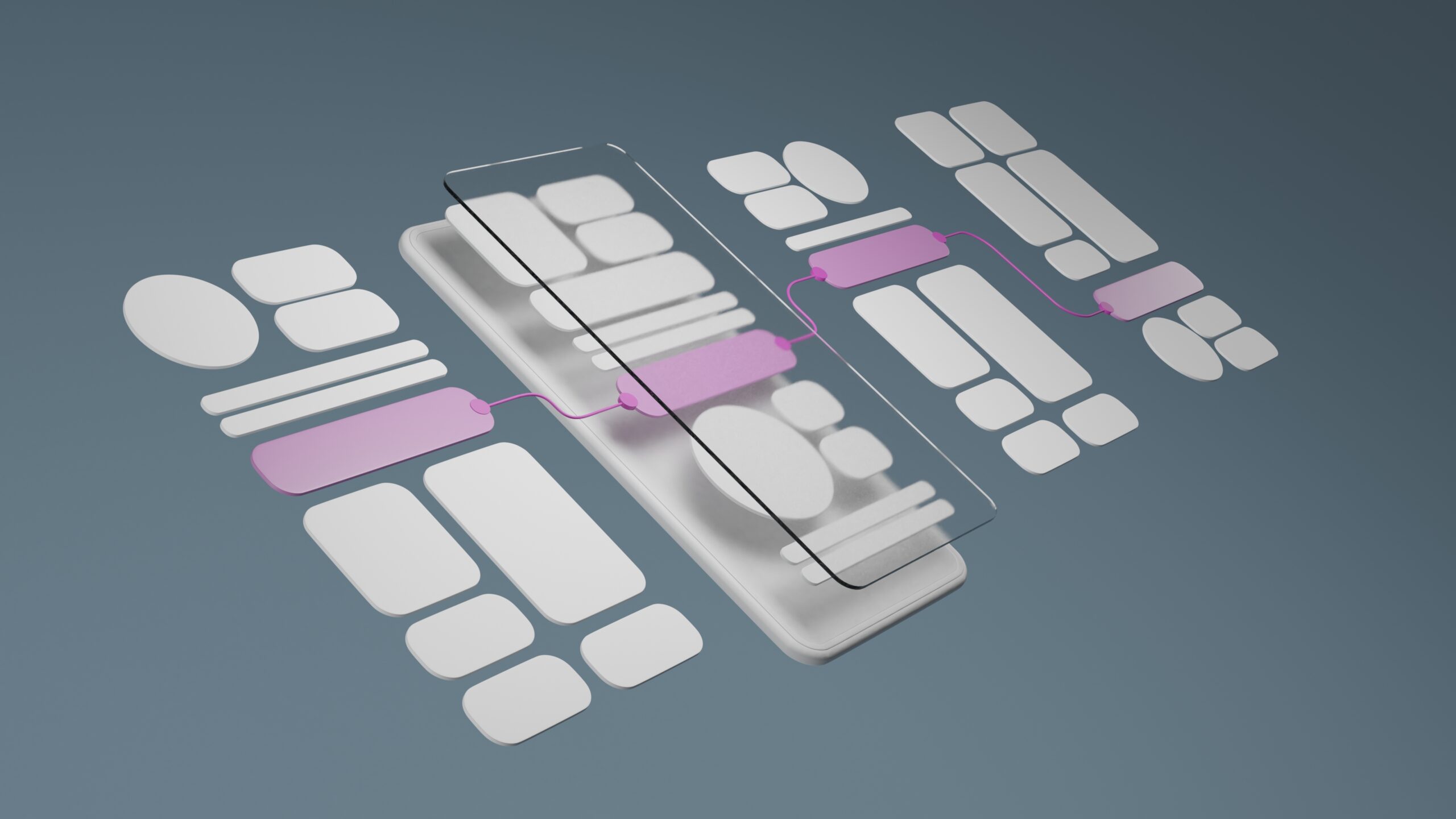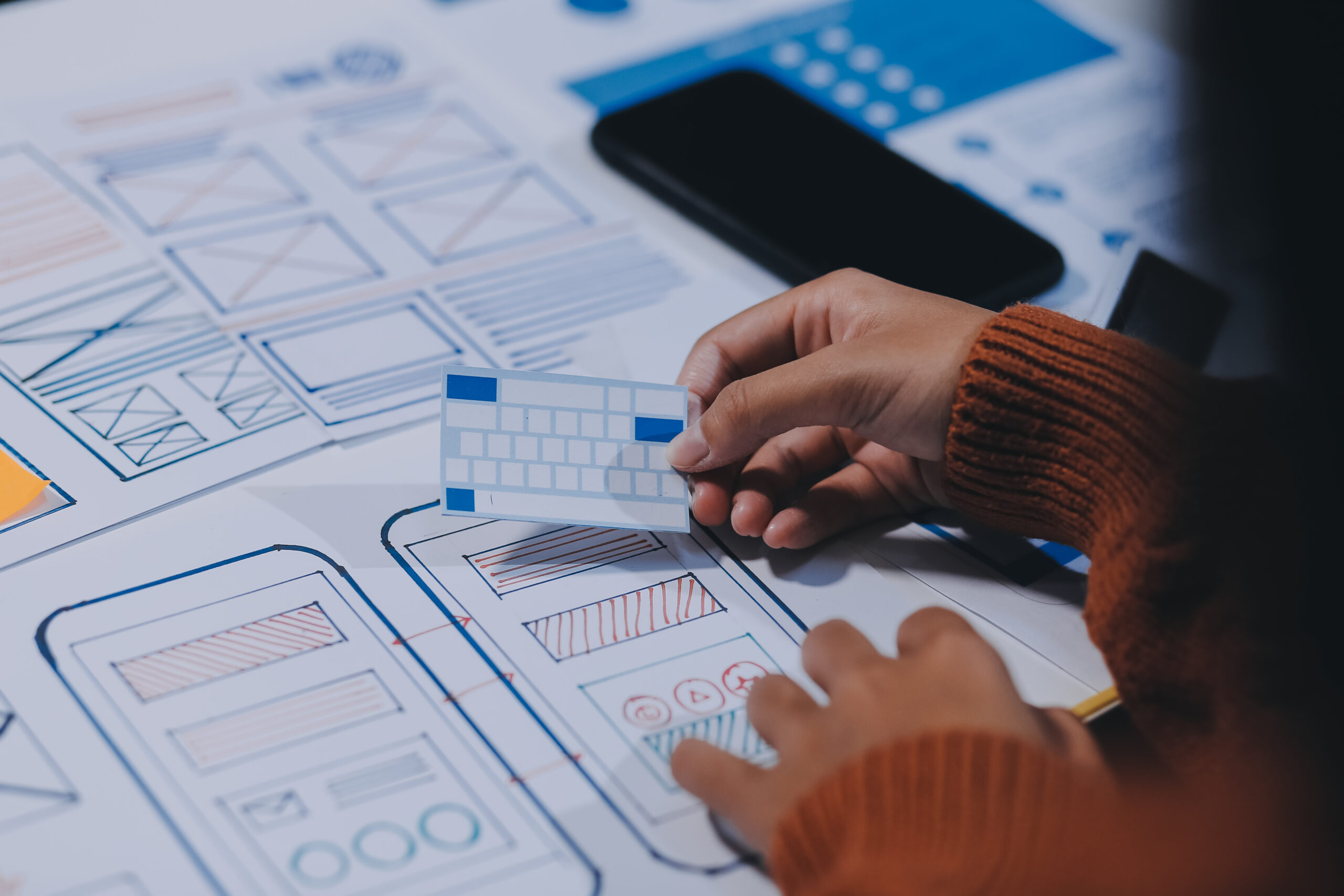In 2025, artificial intelligence has become more than just a creative assistant—it’s reshaping the very fabric of graphic design. What was once experimental is now mainstream, influencing everything from brand identity creation to large-scale marketing campaigns. For designers, businesses, and entrepreneurs, this transformation brings both exciting opportunities and new challenges.
I remember my first big corporate project: a product catalog with hundreds of near-identical layout variations. Page after page, I nudged text boxes, swapped product photos, and made sure columns aligned. It was tedious, mind-numbing work—the kind of task where you lose hours to pixel pushing and wonder if you’ve actually moved the creative needle at all.
Fast forward to today, and that same project looks completely different. Instead of spending days rearranging layouts, AI-powered tools handle the heavy lifting in minutes. What once felt like a production grind is now the spark that kicks off bigger, bolder creative ideas.
From Automation to Amplification
AI-powered tools go far beyond generating quick layouts or color palettes. They’re now integrated into the design workflow, offering predictive insights into what visuals will resonate with specific audiences. Imagine testing a dozen logo variations overnight, with AI analyzing which design elements perform best based on demographics and historical data. This efficiency not only saves time but also empowers businesses to make smarter, data-backed creative decisions.
For corporate teams, AI accelerates design cycles. Tasks such as resizing graphics across platforms, generating on-brand social templates, or suggesting typography pairings are automated with precision. Marketing teams can focus on storytelling and strategy, while entrepreneurs gain access to design quality once reserved for large enterprises.
But AI is not replacing creativity—it’s amplifying it. Human intuition, cultural understanding, and emotional nuance still drive compelling design. The most successful projects are those where AI handles iteration and analysis, while designers shape the narrative and visual impact. This synergy between human creativity and machine efficiency is creating a new design ecosystem where innovation thrives.
From Fear to Partnership
Not long ago, the design world buzzed with anxiety: Would AI replace us? Would logos, websites, and campaigns be churned out by machines, leaving designers behind? The reality has turned out to be more nuanced—and far more exciting.
AI isn’t here to steal jobs. It’s here to eliminate the repetitive tasks that drained time and energy, so designers can focus on strategy, storytelling, and building emotional connections through design.
What’s Actually Changing
Production Workflows: Background removal, mockups, resizing for endless platforms—AI now handles in seconds what once took hours.
Creative Exploration: Tools like Adobe Firefly and MidJourney generate dozens of directions instantly, turning the blank canvas into a springboard for ideas.
Personalized Design: AI crunches audience data and user behavior, helping brands deliver experiences that feel tailor-made.
Designers are shifting from being “makers” to becoming creative directors of possibility—guiding AI tools while layering on the taste, empathy, and strategy only humans can bring.
Why This Matters for Businesses
For entrepreneurs and corporate teams, the impact is huge. Faster production means faster campaigns. Smarter personalization means deeper customer connections. And with designers freed from repetitive tasks, more time can be spent aligning visuals with business goals rather than simply cranking out assets.
The Human Advantage
Here’s the truth: AI can generate endless options, but it can’t decide which one tells the right story. It can’t sense when a client hesitates about a bold choice. It can’t build the trust that turns a project into a long-term partnership. That’s the irreplaceable value of the human designer—and it’s never been more important.
Looking Ahead
AI is transforming graphic design in 2025, not by erasing our role, but by sharpening it. The designers who thrive will be those who embrace AI as a collaborator, not a competitor. By letting machines handle the repetitive, we reclaim the space to do what we do best: create work that resonates, inspires, and connects.
This isn’t the end of design as we know it. It’s the beginning of a more human, more imaginative era—where creativity is amplified, not automated.






“As a small business, having a design partner we can rely on is invaluable. myVisualConcept handles all our creative needs — from social media graphics to seasonal promotions — with consistency, professionalism, and a deep understanding of our brand.”